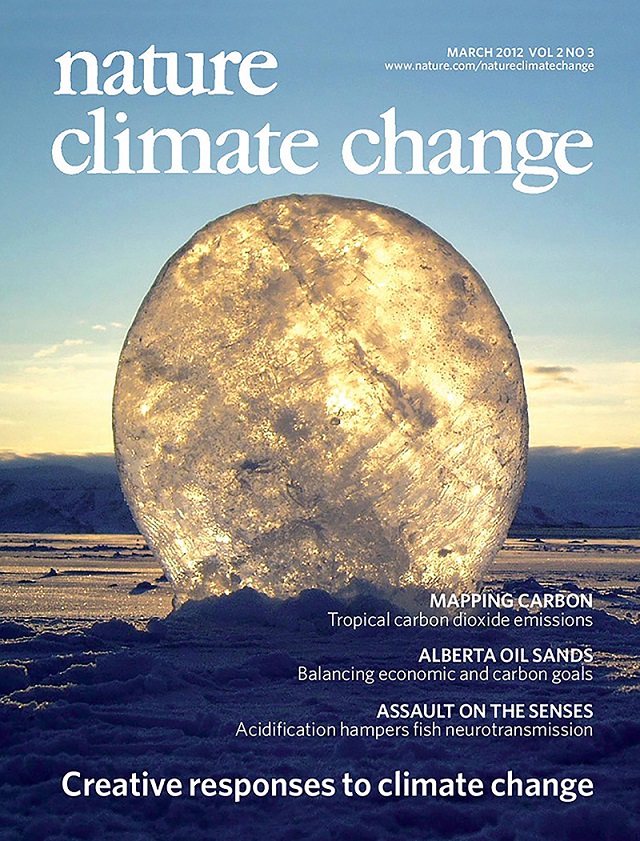Juniorprofessorin Marie Young-Brun, Ph.D.

Aktuelle Position
seit 11/23
Leiterin der Forschungsgruppe Makroökonomik und natürliche Umwelt
Leibniz-Institut für Wirtschaftsforschung Halle (IWH)
seit 12/23
Juniorprofessorin
Universität Leipzig
Forschungsschwerpunkte
- Umweltökonomik
- Klimapolitik
- Wirtschaftswachstum
Marie Young-Brun ist seit November 2023 wissenschaftliche Mitarbeiterin der Abteilung Makroökonomik am IWH und seit Dezember 2023 Juniorprofessorin an der Universität Leipzig. Sie untersucht die Auswirkungen des Klimawandels und der Umweltpolitik auf Wachstum, Wohlfahrt und Verteilung.
Marie Young-Brun studierte und promovierte an der École d’Économie de Paris.






